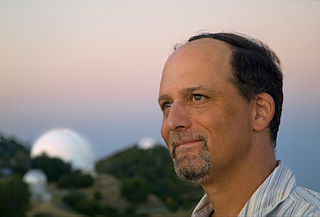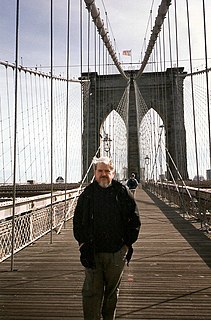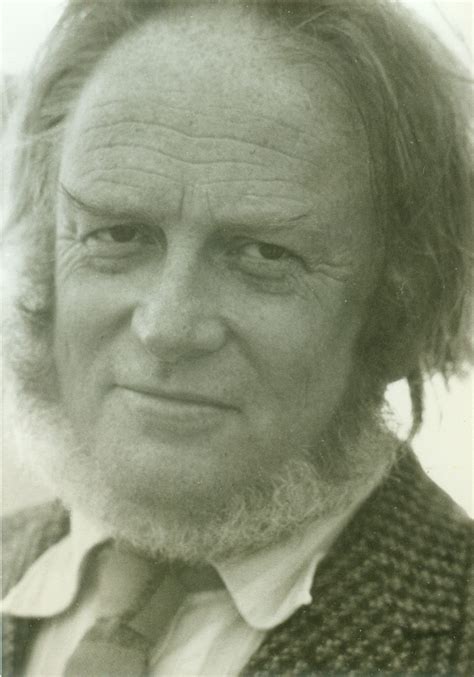A Quote by Alan Hovhaness
To me, atonality is against nature. There is a center to everything that exists. The planets have the sun, the earth, the moon.
Related Quotes
Hence I feel no shame in asserting that this whole region engirdled by the moon, and the center of the earth, traverse this grand circle amid the rest of the planets in an annual revolution around the sun. Near the sun is the center of the universe. Moreover, since the sun remains stationary, whatever appears as a motion of the sun is really due rather to the motion of the earth.
The man is the captain, the women is the lieutenant and the kids are the soldiers. Like right now I'm not home with my kids. I teach my Wisdom so when I'm not there she takes care of the shorties. Just like the sun shines on the moon, and when the earth rotates and the moon is over here, and the sun is over here, and the sun and its shaded on the side we get light from the moon, showing and proving how we're symbolic to the stars and things of that nature.
Science has an uncomfortable way of pushing human beings from center stage. In our prescientific stories, humans began as the focal point of Nature, living on an Earth that was the center of the universe. As the origins of the Earth and of mankind were investigated more carefully, it became clear that Nature had other interests beyond people, and the Earth was less central than previously hoped. Humankind was just one branch of the great family of life, and the Earth is a smallish planet orbiting an unexceptional sun quite far out on one arm of a run-of-the-mill spiral galaxy.
A major puzzle for which nobody has an answer is this: is there some size at which the planets change their nature from water-rich planets like Neptune, to rocky planets like the Earth? We have found two planets that are the size of the Earth in radius, but they are very close to their host star, so water on the surface would evaporate away.
Children will draw pictures with everything in them...houses and trees and people and animals...and the sun AND the moon. Grown-up says, "That's a nice picture, Honey, but you put the moon and the sun in the sky at the same time and that isn't right." But the child is right! The sun and moon are in the sky at the same time.
The universe has really never made things in ones. The Earth is special and everything else is different? No, we’ve got seven other planets. The sun? No, the sun is one of those dots in the night sky. The Milky Way? No, it’s one of a hundred billion galaxies. And the universe - maybe it’s countless other universes.
The 'control of nature' is a phrase conceived in arrogance, . . . when it was supposed that nature exists for the convenience of man . . . . It is our alarming misfortune that so primitive a science has armed itself with the most modern and terrible weapons, and that in turning them against the insects it has also turned them against the earth.
Philosophically, the universe has really never made things in ones. The Earth is special and everything else is different? No, we've got seven other planets. The sun? No, the sun is one of those dots in the night sky. The Milky Way? No, it's one of a hundred billion galaxies. And the universe - maybe it's countless other universes.
This moment, this being, is the thing. My life is all life in little. The moon, the planets, pass around my heart. The sun, now hidden by the round bulk of this earth, shines into me, and in me as well. The gods and the angels both good and bad are like the hairs of my own head, seemingly numberless, and growing from within. I people the cosmos from myself, it seems, yet what am I? A puff of dust, or a brief coughing spell, with emptiness and silence to follow.
Although the semicircle of the Moon is placed above the circle of the Sun and would appear to be superior, nevertheless we know that the Sun is ruler and King. We see that the Moon in her shape and her proximity rivals the Sun with her grandeur, which is apparent to ordinary men, yet the face, or a semi-sphere of the Moon, always reflects the light of the Sun.






































